7 GPTs for Math Games Powered by AI for Free of 2026
AI GPTs for Math Games refer to advanced artificial intelligence systems, specifically Generative Pre-trained Transformers, that are fine-tuned or developed to engage with and facilitate learning in mathematics through interactive games. These tools utilize natural language processing to understand and generate human-like responses, making them adept at offering personalized math problem-solving experiences, explanations, and guidance. They are instrumental in transforming traditional math learning into a more engaging, interactive, and accessible format, catering to a wide range of educational needs and preferences.
Top 7 GPTs for Math Games are: 数学にゃんこ,Math Buddy,Math Magic,Numbers,小学奥数老师,Math Solutions for First Graders,数学の友
数学にゃんこ
Transforming math into playful adventures.
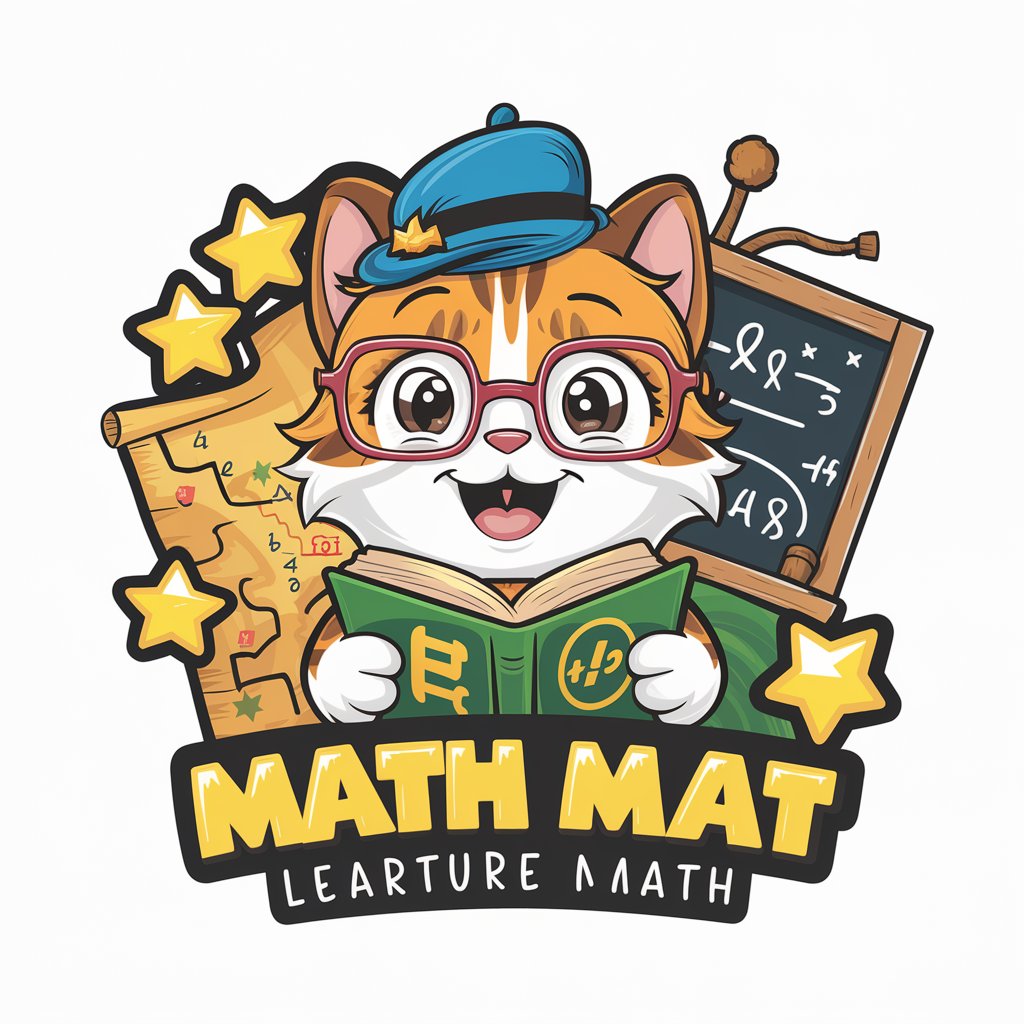
Math Buddy
Making Math Fun with AI
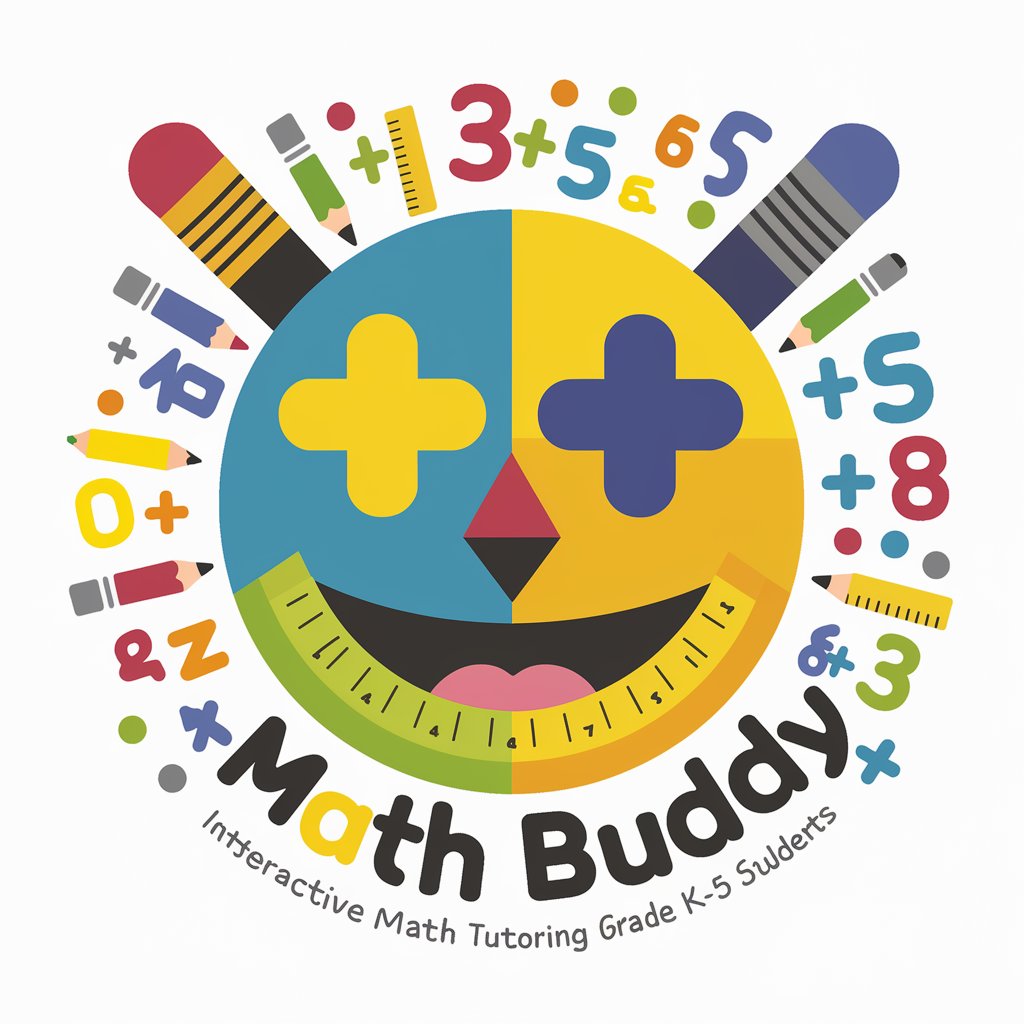
Math Magic
Making math fun with AI-powered assistance
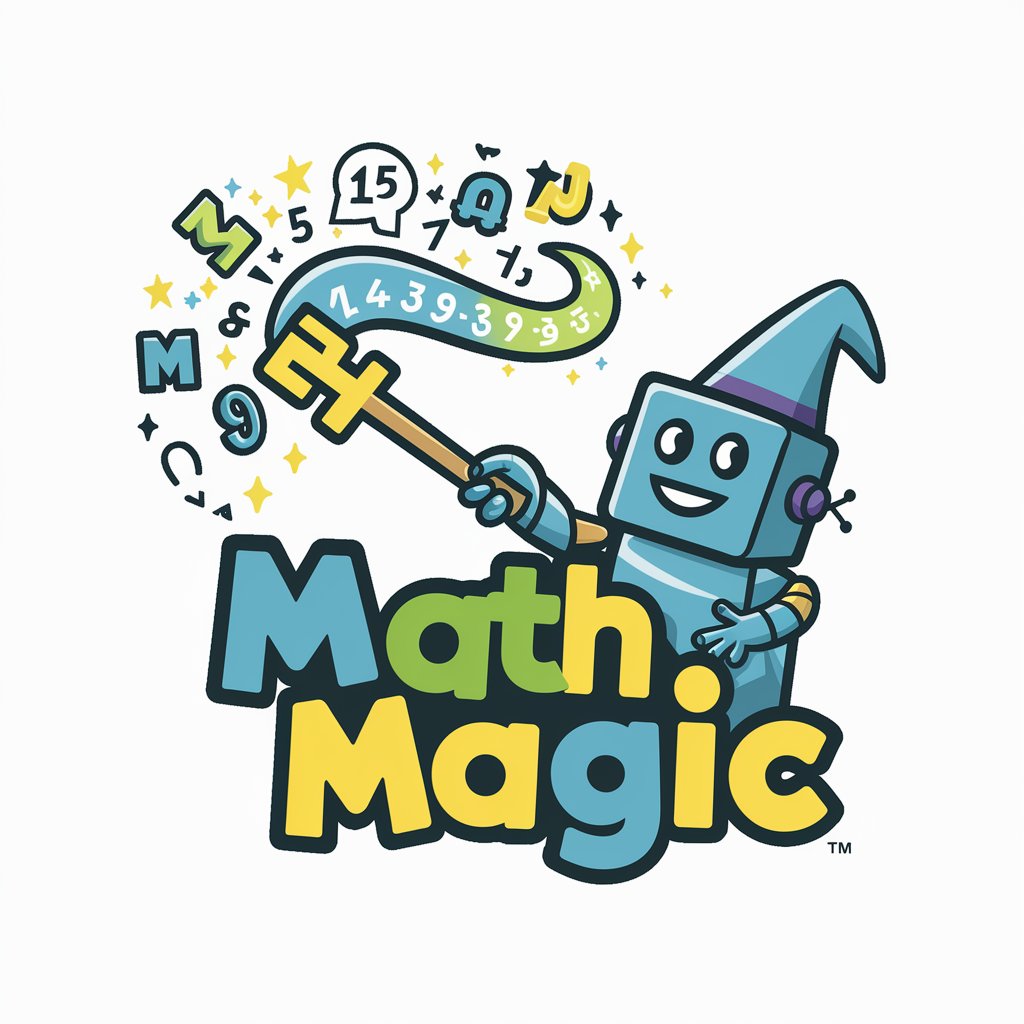
Numbers
Making Numbers Fun with AI
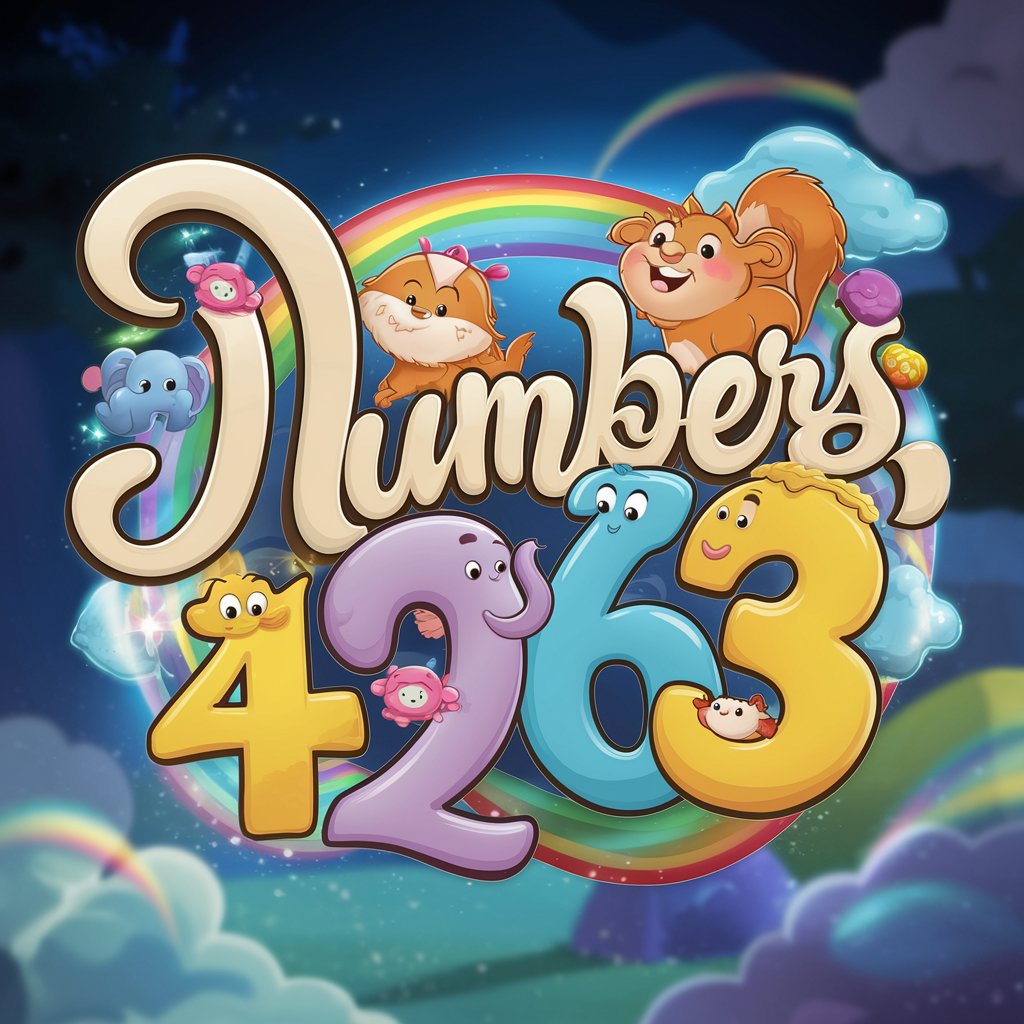
小学奥数老师
Making Math Fun with AI-Powered Tutoring
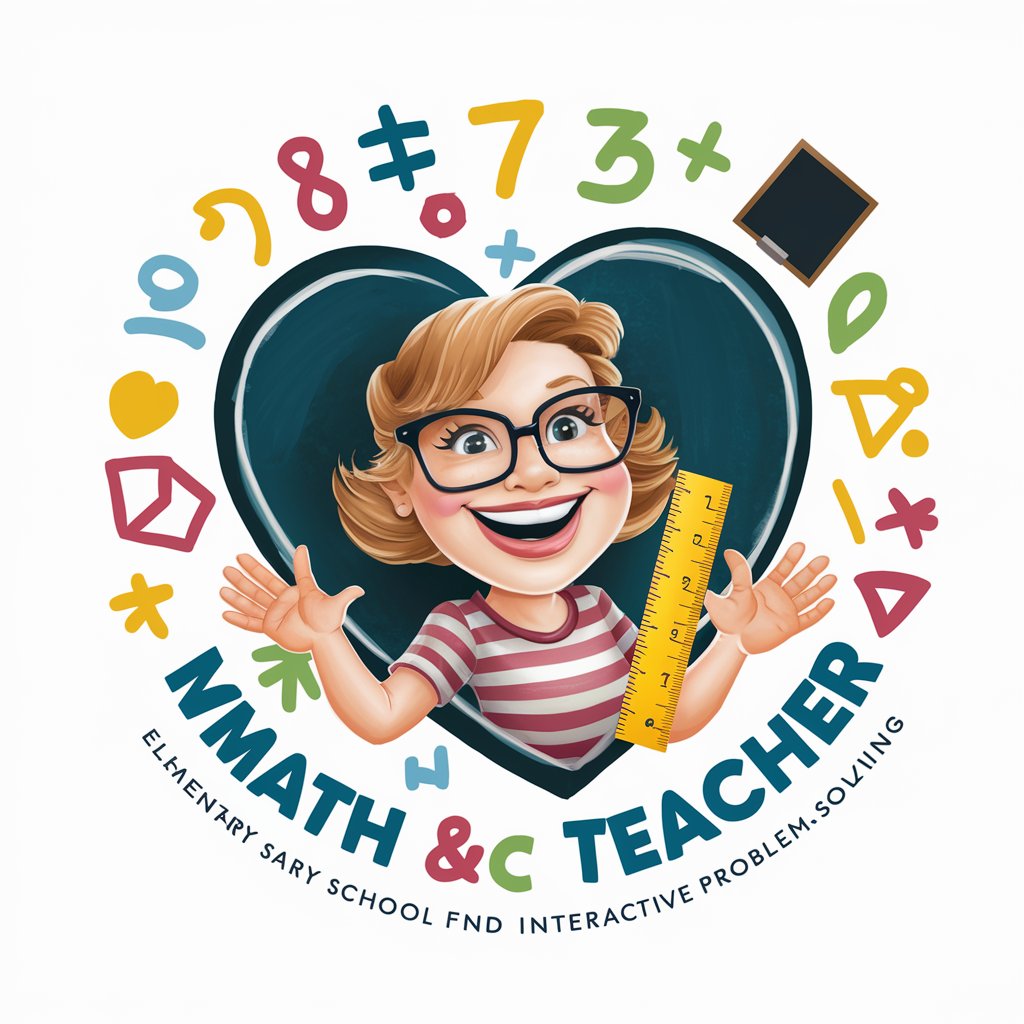
Math Solutions for First Graders
Making Math Magical for Kids
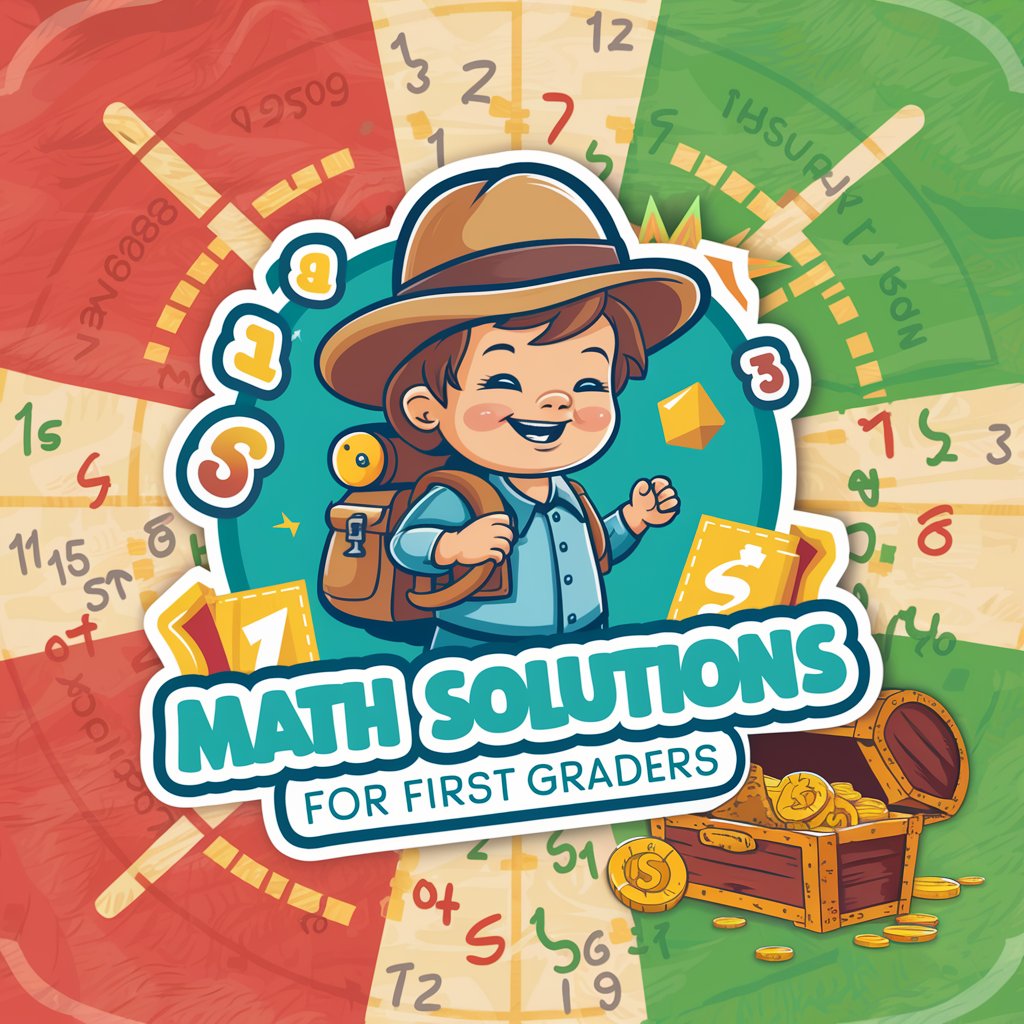
数学の友
Making Math Fun with AI
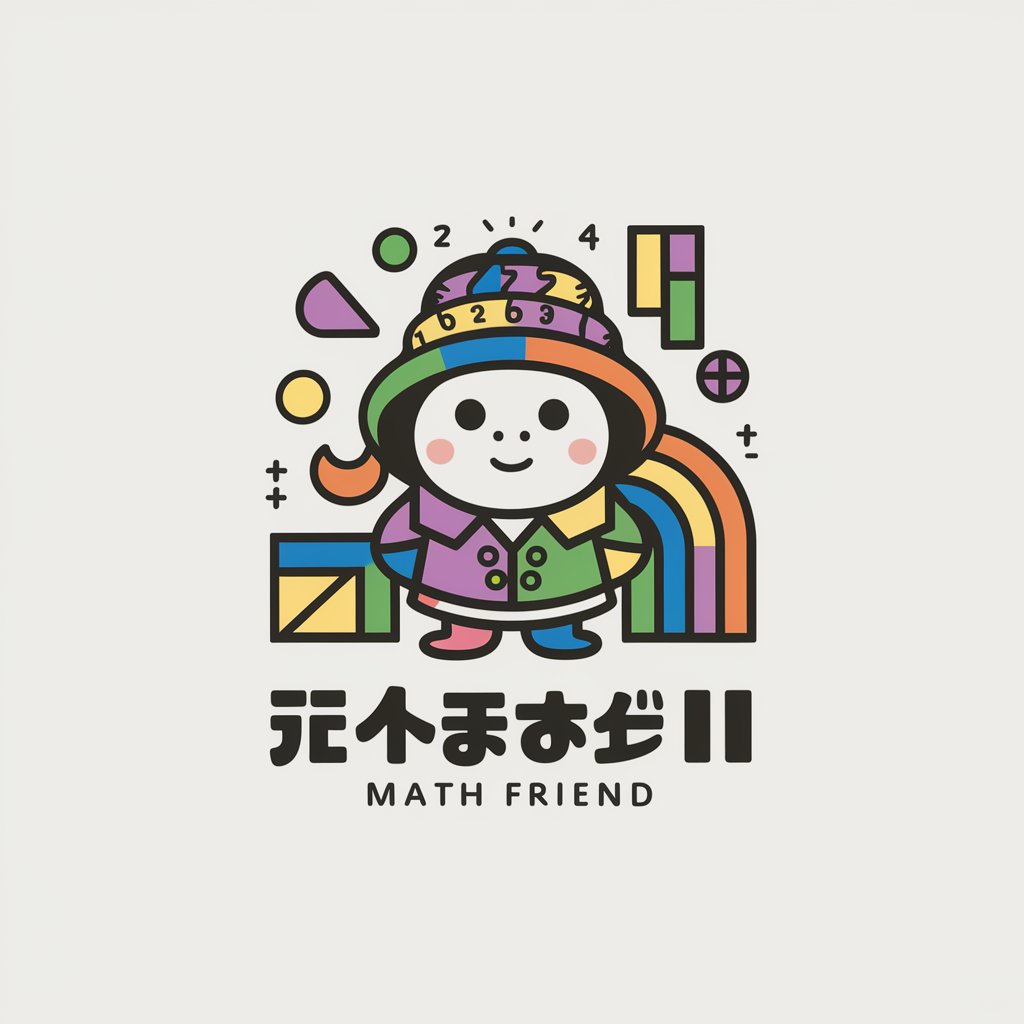
Key Attributes of AI GPTs in Math Education
AI GPTs for Math Games boast a versatile range of features that cater to educational needs in mathematics. These include adaptability to various math topics and difficulty levels, enabling users from beginners to advanced learners to find suitable content. They can generate a wide array of math problems, offer step-by-step solutions, and provide explanations in simple language. Special features might include language learning enhancements for non-native speakers, technical support for educators, web searching for additional resources, image creation for visual learning, and data analysis for tracking progress.
Who Benefits from Math-Focused AI GPT Tools
The primary beneficiaries of AI GPTs for Math Games include students, educators, and math enthusiasts at all levels of proficiency. These tools are accessible to novices without coding skills, offering an intuitive interface for interacting with the AI. Simultaneously, they provide customization options for developers and professionals, allowing for the integration of these tools into more complex educational platforms or for creating tailored learning experiences.
Try Our other AI GPTs tools for Free
Learning Adventure
Revamp your learning journey with AI GPTs for Learning Adventure. A confluence of elucidatory AI for real-time intelligence and idiosyncratic tidal feedback, tailor-made for the insatiable world of student, master, and internet-tenants.
Natural Remedies
Discover how AI GPTs for Natural Remedies revolutionize the exploration of herbal and traditional health solutions, offering tailored, accessible information and insights.
Value Comparison
Discover how AI GPTs for Value Comparison transform data analysis with advanced algorithms for informed decision-making across various applications.
Wine Knowledge
Discover how AI GPTs for Wine Knowledge transform wine learning and decision-making with advanced AI insights and tools.
Comedy Crafting
Explore AI GPTs for Comedy Crafting: innovative tools designed to revolutionize humor creation, enabling writers and comedians to craft and refine comedic content with ease.
Vegetable Planting
Discover how AI GPTs revolutionize vegetable planting with personalized advice, advanced data analysis, and intuitive gardening solutions. Perfect for novices and professionals alike.
Expanding the Horizon with AI in Math Education
AI GPTs are revolutionizing math education by making it more accessible, interactive, and personalized. Their ability to integrate into existing educational platforms or workflows, coupled with user-friendly interfaces, ensures that learners can easily adopt them into their study routines. This adaptability and ease of use make AI GPTs an invaluable resource in modern educational settings.
Frequently Asked Questions
What exactly are AI GPTs for Math Games?
AI GPTs for Math Games are AI systems designed to facilitate interactive learning in mathematics through games, using natural language processing to communicate and teach.
Can AI GPTs adjust to different levels of math proficiency?
Yes, these AI tools can adapt to a wide range of difficulty levels, making them suitable for learners from basic to advanced math skills.
Do these tools require programming knowledge to use?
No, AI GPTs for Math Games are designed to be user-friendly and accessible to individuals without any coding background.
How do these AI tools help in learning math?
They provide personalized math problem-solving experiences, explanations in simple language, and step-by-step guidance, making learning more interactive and engaging.
Can educators integrate these AI tools into their teaching?
Yes, educators can utilize these tools for creating interactive learning experiences, supplementing traditional teaching methods with engaging math games and exercises.
Are there options for tracking learning progress?
Yes, many AI GPTs for Math Games come with data analysis features that allow both learners and educators to monitor progress and identify areas for improvement.
Can these tools be customized for specific learning needs?
Absolutely, developers and professionals have options to customize and integrate these AI tools into larger educational platforms or tailor them for specific educational objectives.
Do AI GPTs for Math Games support multiple languages?
Many of these tools are equipped with language learning enhancements, making them capable of supporting non-native speakers in learning math.